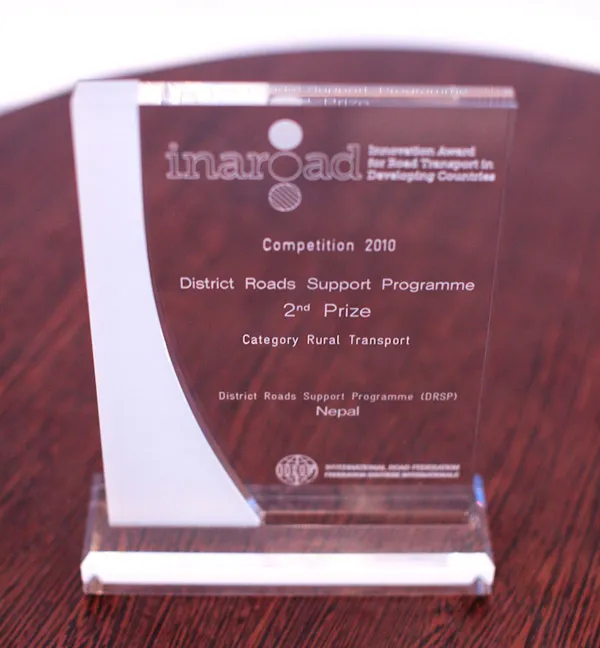Vietnam’s Government is proposing novel measures to control traffic volumes across the country. The first of these is an allocation of 16%-26% of urban areas for the setup of new traffic infrastructure. Another measure is a proposal to limit the number of registered vehicles on the country’s roads. This would result in a limit of around 3.5 million trucks, buses and cars, as well as 36 million motorcycles by 2020. The limits would allow for growth in the vehicle population, which is expected to continue as
March 14, 2013
Read time: 2 mins
Vietnam’s Government is proposing novel measures to control traffic volumes across the country. The first of these is an allocation of 16%-26% of urban areas for the setup of new traffic infrastructure. Another measure is a proposal to limit the number of registered vehicles on the country’s roads. This would result in a limit of around 3.5 million trucks, buses and cars, as well as 36 million motorcycles by 2020. The limits would allow for growth in the vehicle population, which is expected to continue as the country’s economic activity follows a growth pattern. At present the country has around 1.5 million trucks, buses and cars on its network, as well as some 35 million motorcycles. This measure would see around 29% of vehicles on urban area roads being trucks, 14% buses and 57% for small cars by 2020. The use of motorcycles would however be limited to rural areas.






